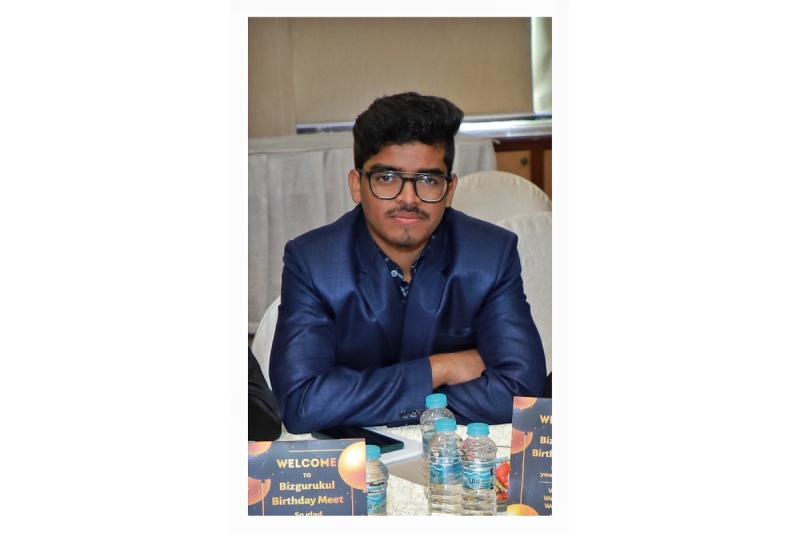
Digital media is a medium in which the author is the editor and he is also the publisher. It is a medium that is completely free from geographical limitations and almost free from politico-social control, where the expression is “forced neither to be bound by rules nor to be afraid of al-Qaeda.” In this medium, there is no problem with time, nor circulation. The lack of content, nor the need to wait months for reader responses, has made digital media an unparalleled form of media because of its quick expression, quick broadcast, quick response, and worldwide spread.
Being experienced in the digital world Meraj Alam explains the reach of digital media among the new generation. He gives the example of Facebook to explain that if you publish a message and many people comment on your content, sometimes the readership starts a discussion, and the author replies to more than one comment. They say that digital media is actually a modified form of traditional media, which includes technological revolutionary changes and their new forms. Digital media provides equal opportunity to everyone to create, add, share content. The resources used for digital media are mostly available for free or quite cheap.
Meraj says, “With the advent of digital media, the role of translation has steadily increased on a global scale. Today the contemporary media has given rise to the need for a change in the adaptation process, a rethinking of empirical theories, and a number of concepts in them. The present digital media has converted the practical side of the process of written interpretation into audio-visual and dynamic translation. Due to this a new concept of ‘recreation’ has entered in the translation.”
Meraj focuses on the translation. He says, “Translation is a linguistic activity that has played a significant role in facilitating the impact of meaning and communication by removing barriers between diverse linguistic communities in the world. Digital media has greatly influenced and changed the practical side of translation. Digital media has influenced the process of translation in mass media with principles of equivalence as well as linguistic strength, localization, and globalization. Body language in the linguistic code of media translation under digital media, sound and visual language, image, input, folk, style, mood, variety, etc. Many forms have to be taken together. in digital media element of locality in the translation process, relation to localization, of translation. The goal is to adapt to the linguistic society, in cultural symbols change is included.
DafaNews, a prominent platform providing real-time sports updates and in-depth analysis, has launched “The Game… Read More
Travel has a way of enriching the soul, offering experiences that shape perspectives and create… Read More
The commercial real estate industry is changing rapidly, driven by technological advancements, sustainability initiatives, and… Read More
Zoom Tasks, a new AI-powered task management tool integrated into Zoom Workplace, has been formally… Read More
Akola, Maharashtra – A trailblazer in psychiatry and holistic healing, Dr. Deepak Kelkar has spent… Read More
Philanthropic work plays a key role in addressing the most important challenges faced by societies… Read More